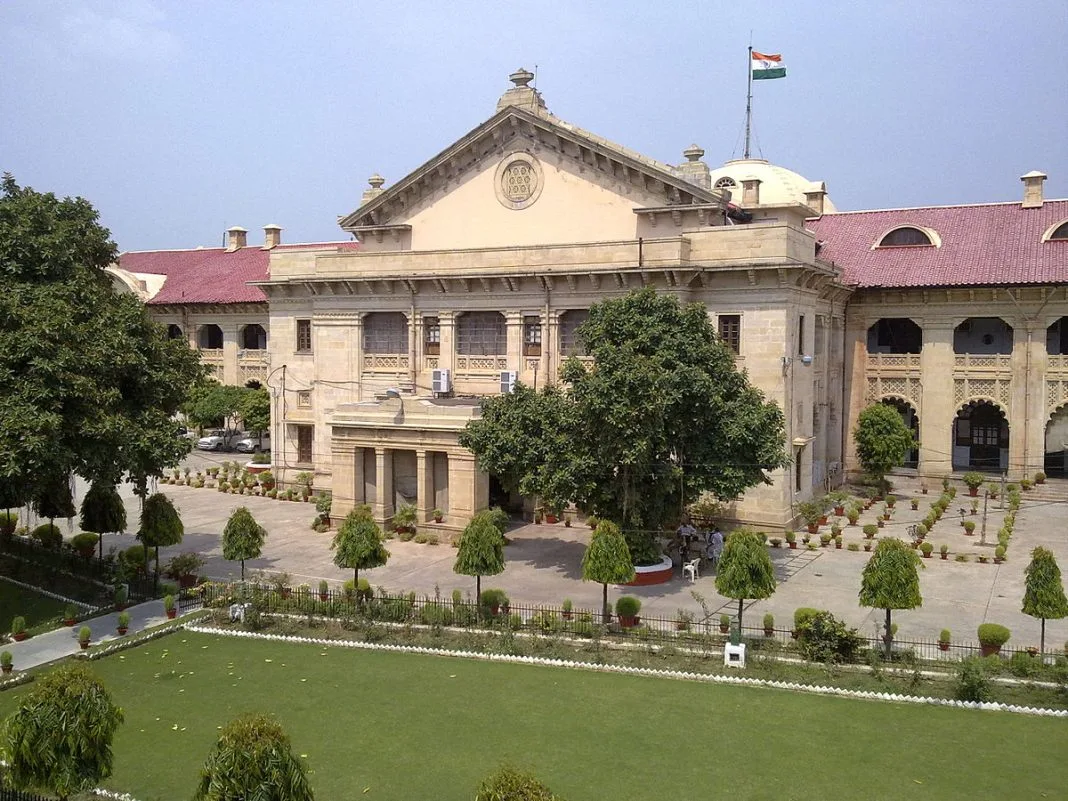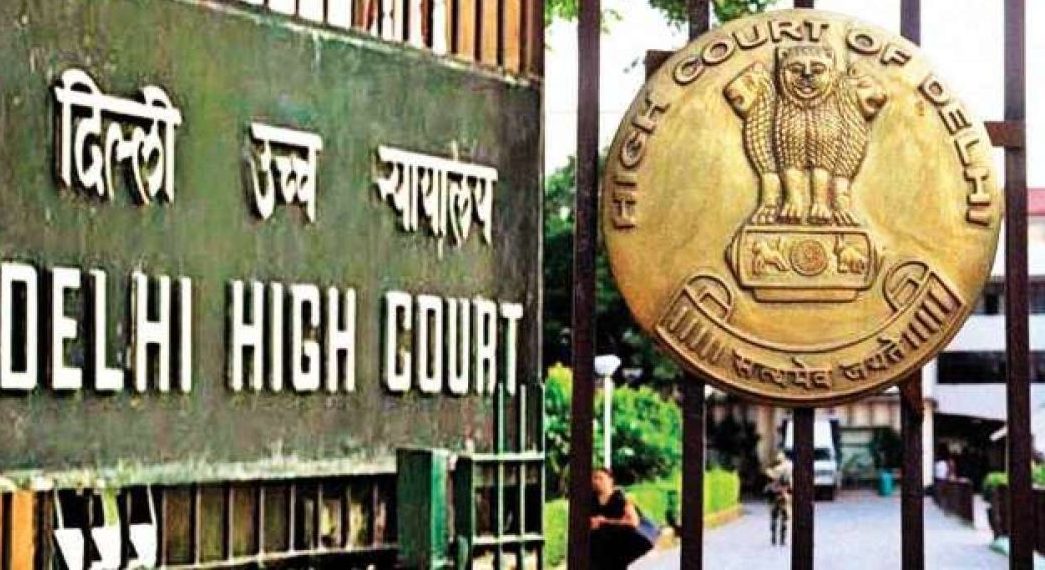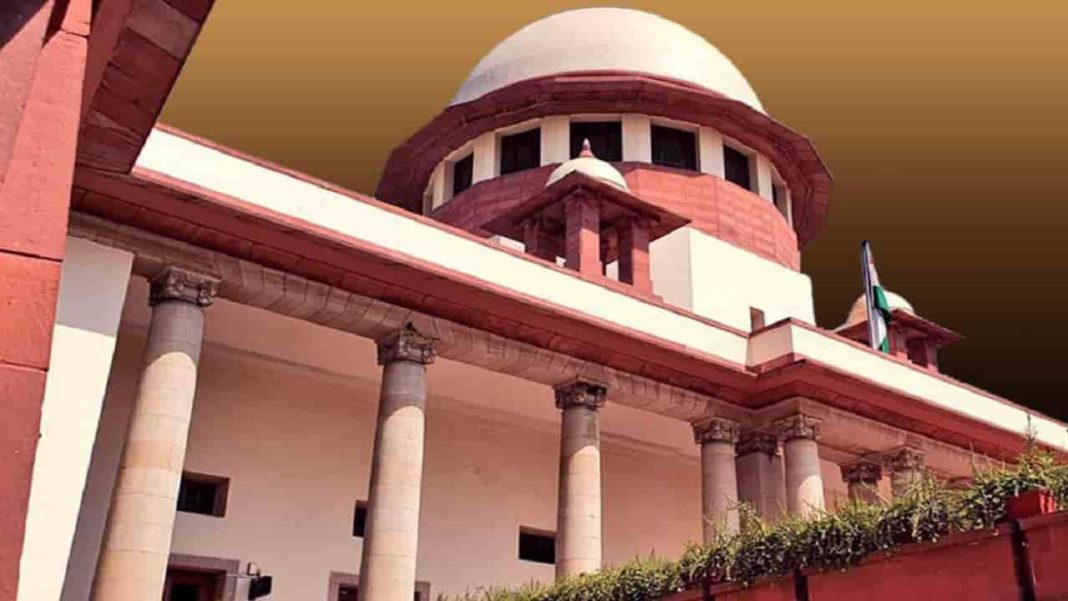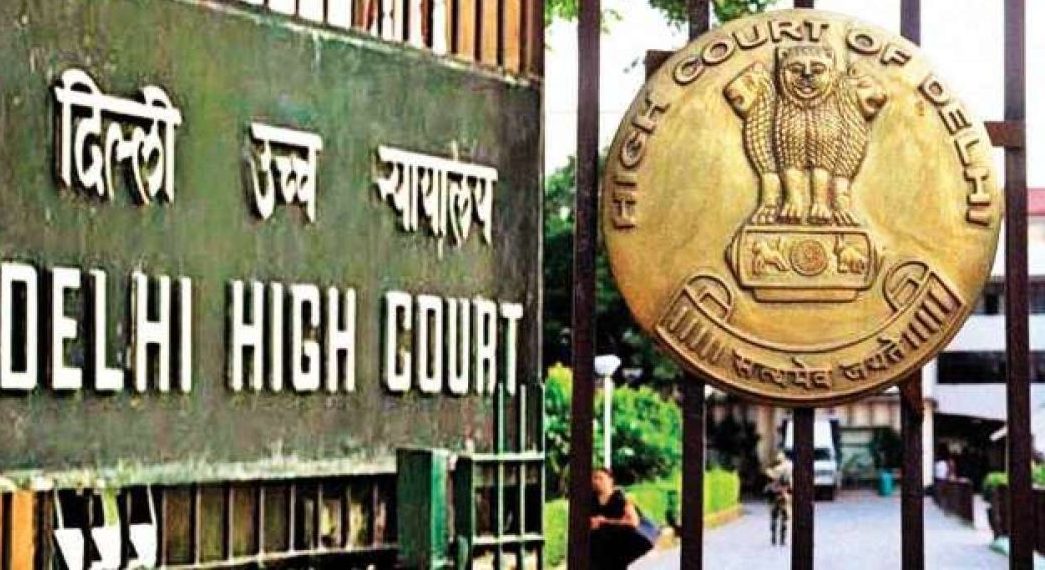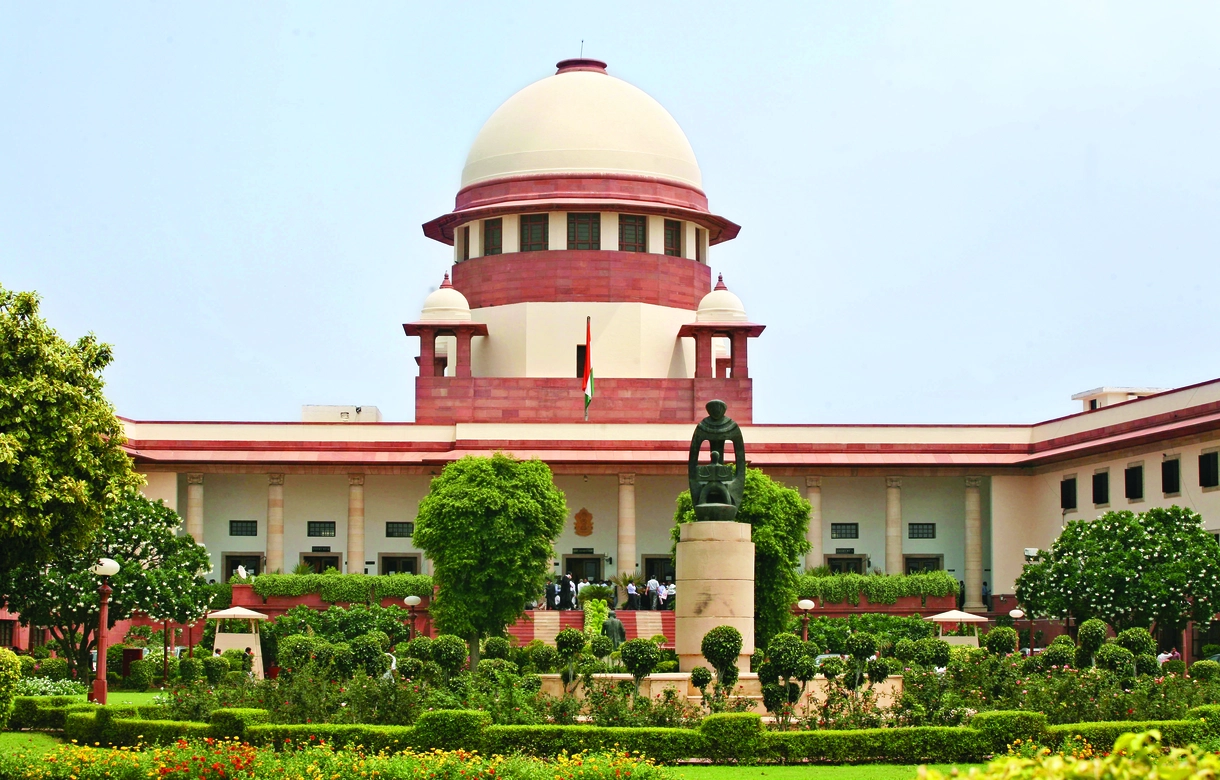

Is speaking favourably about Pakistan a criminal offence in India?
Four men arrested in Karnataka last week for allegedly shouting “Pakistan zindabad”, long live Pakistan, were the latest in a rapidly lengthening list of persons prosecuted across the country in the last few years for allegedly chanting pro-Pakistan slogans.
However, on March 7, the Supreme Court, in a judgment, outlined that extending good wishes to Pakistan, or to any other country, for that matter, is not a criminal offence.
The court stated in the judgment in no uncertain terms that the country’s police machinery is disregarding the fundamental right of citizens to freedom of speech.
Scroll explains what the judgment said and why there is no legal basis for criminalising pro-Pakistan statements.
Supreme Court judgment
The Supreme Court’s judgment, delivered by a two-judge bench comprising Justices AS Oka and Ujjal Bhuyan, stems from a first information report filed in 2022 by the Maharashtra police against Javed Ahmad Hajam, a Kashmiri professor who was at that time teaching at the Sanjay Ghodawat College in Kolhapur.
He had been booked under Section 153A of the Indian Penal Code that prohibits acts that promote disharmony or enmity between different groups based on religion, race, language, caste or community. In other words, it makes it illegal to engage in activities, make statements or spread information that can lead to hatred or hostility between people belonging to different social groups. This includes promoting feelings of enmity, hatred or ill-will through words, gestures or signs, either orally or in writing, or through visual representations.
His alleged crime? Putting up the following three messages as his status on Whatsapp at different times in August that year: “August 5 – Black Day Jammu & Kashmir.”, “14th August – Happy Independence Day Pakistan.” and “Article 370 was abrogated, we are not happy.”.
Hajam filed a petition at the Bombay High Court in January 2023 for quashing the first information report. But the High Court dismissed his petition.
Hajam subsequently appealed to the Supreme Court.
The Supreme Court on Thursday allowed the appeal and set aside the first information report. It called the Hajam’s continued prosecution “a gross abuse of the process of law”.
Referring to some of its previous judgments, the court reiterated the established position of law with regard to section 153A: that it could be invoked only when there is an obvious intention on the part of the accused to promote disharmony, enmity, hatred or ill-will among different communities.
Further, the effect of the statement must be judged from the standards of reasonable women and men, rather than “the effect of the words on some individuals with weak minds or who see a danger in every hostile point of view”. It is the general impact on a large number of people that matters, the court emphasised. Even if some persons develop ill-will or hatred, that would not be sufficient to invoke section 153A, the court pointed out.
As regards the message wishing Pakistan a happy independence day, the court stated that every citizen has the right to extend good wishes to citizens of other countries. Wishing Pakistan on its independence day would not tend to create disharmony among any social groups, it added.
It also cautioned the police not to attribute motives to Hajam only because of his religious identity.
“[T]he time has come to enlighten and educate our police machinery on the concept of freedom of speech and expression guaranteed by Article 19(1)(a) of the Constitution and the extent of reasonable restraint on their free speech and expression,” the court concluded.
‘Gross abuse’
This judgment assumes significance because of the increasing number of persons being booked in the last few years for the non-crime of allegedly raising pro-Pakistan slogans under sections 153A and 153B of the Indian Penal Code.
Section 153B is a sister provision of section 153A. It deals with offences related to making imputations and assertions prejudicial to national integration. It prohibits actions or statements that promote enmity or hatred between different groups of people based on religion, race, language, caste or community and that are likely to disturb public harmony or disrupt peace.
Cases filed under both these sections have risen by six times between 2014 and 2020, according to the National Crime Records Bureau. At the same time, the conviction rate under section 153A has been only about 20%. Corresponding data for section 153B wasn’t immediately available.
Take the case of the four men – three of whom are Muslim – arrested last week in Karnataka. They have been booked under section 153B.
An illustrative sample of some more such cases only from the last three years:
Some people were booked under section 153B in Khargone, Madhya Pradesh in November 2022 for allegedly chanting pro-Pakistan slogans.
Three Kashmiri Muslim students were booked under section 153A in Agra in April 20022 and kept in detention for a month for allegedly celebrating the Pakistan cricket team’s victory in a match.
In March that year, a Muslim woman was arrested under section 153A in Bagalkot, Karnataka for a Whatsapp status message wishing people on Pakistan’s republic day.
In October 2021, a Muslim female school teacher was arrested under section 153B in Udaipur for sharing a celebratory post on WhatsApp following the Pakistan cricket team’s victory against India in a World Cup match.
All these cases were, in the Supreme Court’s words, “a gross abuse of the process of law”.
Source | Powered by Yes Mom Hosting

